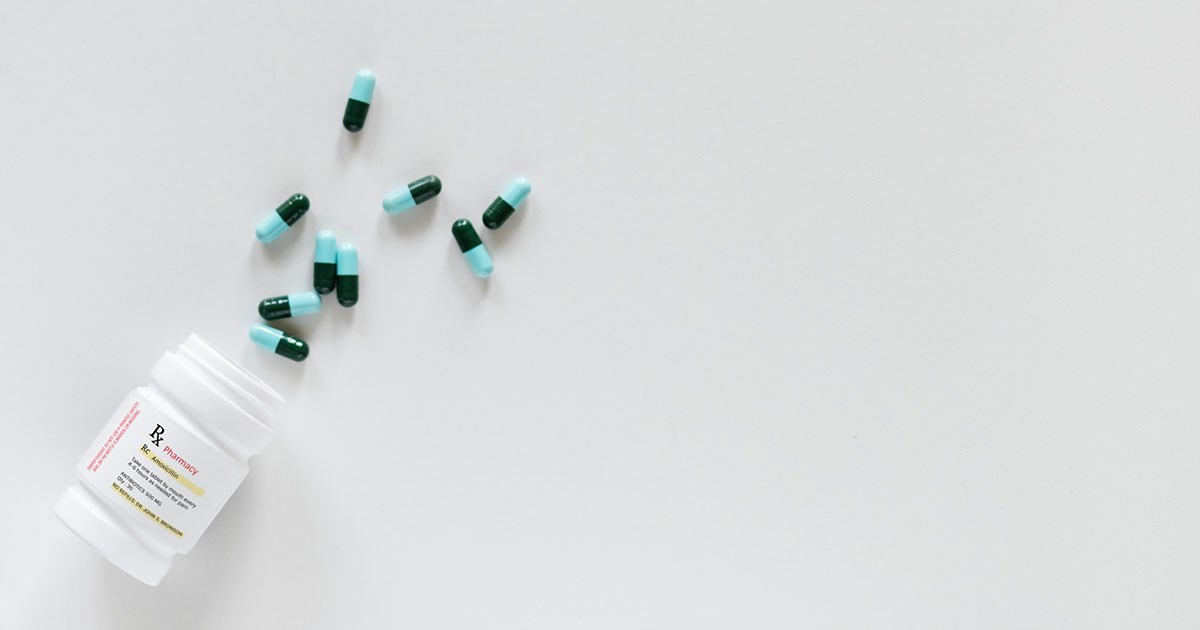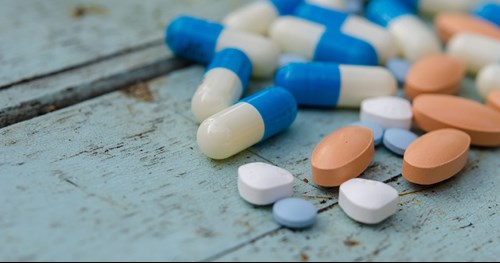The Trump administration on Friday finalized the rebate rule, which excludes rebates on prescription drugs paid by manufacturers to pharmacy benefit managers and Part D plans from safe harbor protection under the Anti-Kickback Statute. The regulation is set to take effect Jan. 1, 2022 but is expected to face opposition.


The Department of Health and Human Services (HHS) on Friday announced it finalized two drug pricing rules first proposed years ago as part of the administration’s attempt to fulfill promises President Trump made on the campaign trail in 2016 to lower prescription drug pricing.
The drug rebate regulation aims to eliminate the current system of drug rebates in Medicare Part D and create incentives to lower list prices and reduce out-of-pocket spending on prescription drugs by delivering discounts directly at the pharmacy counter. The 2022 effective date is meant to give entities time to make necessary changes.
The Trump administration also announced on Friday it issued an interim final rule to pave the way for the Most Favored Nation Model that would provide an innovative way for Medicare to pay no more for high-cost, physician-administered Medicare Part B drugs than the lowest price charged in other similar countries. That rule is set to take effect Jan. 1, 2021.
Industry experts expect both rules will face legal challenges due to the way the administration finalized the rules. Indeed, it is likely one or both will be invalidated on procedural grounds, notes Rachel Sachs, JD, MPH, associate professor of Law at Washington University in St. Louis, in a blog post for Health Affairs.
The rebate rule
In an announcement, HHS Secretary Alex Azar estimated that patients may save nearly 30 percent in costs due to the rule. In 2019, he said, Part D rebates totaled $39.8 billion, which represents an average discount of nearly 30 percent for brand drugs. But as RISE previously reported, the Better Medicare Alliance (BMA) warned that the change could raise Medicare Part D premiums by 19 percent in the first year and 25 percent in the decade thereafter.
The administration initially released the proposed rebate rule on Jan. 31, 2019, but six months later withdrew the rule for fear it could cause a spike in Medicare premiums. During a briefing with news reporters on July 11, 2019, Azar said the administration decided to scrap the plan due to feedback from the public and stakeholders. "At the end of the day, while we support the concept of getting rid of rebates, while we appreciate and are passionate about the problems and the distortions in the system caused by this opaque rebate system, we're not going to put seniors at risk of their premiums going up," he said at the time.
But in Friday’s HHS fact sheet about the final rule, the department said it never withdrew the proposal from consideration and finalized the proposal in a way that addressed all the comments received. But the question on whether it was officially withdrawn may become an obstacle. As Sachs notes in the Health Affairs blog post, if an agency withdraws a previous proposed rule, it can’t proceed directly to the final rule stage as the administration did in this case. As such, it could be invalidated on procedural grounds.
Either way, it will face opposition. In addition to the BMA, pharmacy benefit managers and America’s Health Insurance Plans oppose the policy and may take action to reverse it. “We will continue to review the details of the rebate rule and explore all options to reverse this misguided policy and stop its implementation,” Matt Eyles, president and CEO of AHIP, said in a statement.
In addition, the rule in its current form may not survive under the incoming Biden administration. President-elect Joe Biden is not a fan of the rebate rule, Forbes reports.
Meanwhile, the Coalition for Affordable Prescription Drugs slammed the Trump Administration for finalizing the rule with just weeks left in office.
“Rushing one of the most expensive regulations ever through an opaque and extremely irregular review process in the waning days of the Administration is a shortsighted decision–one that will have lasting and serious consequences for America’s seniors, millions of whom are already suffering the economic and health effects of the COVID-19 pandemic,” the CAPD said, adding the policy will do nothing to lower drug prices. “The Biden Administration and Congress must work together to protect seniors from higher premiums by overturning this rule and enacting reforms that lower the prices of prescription drugs.”
